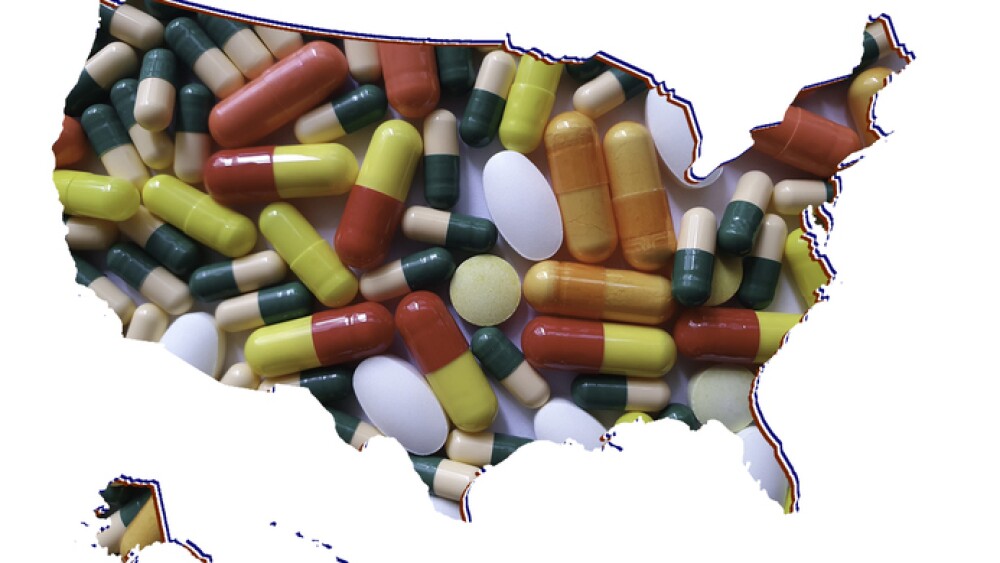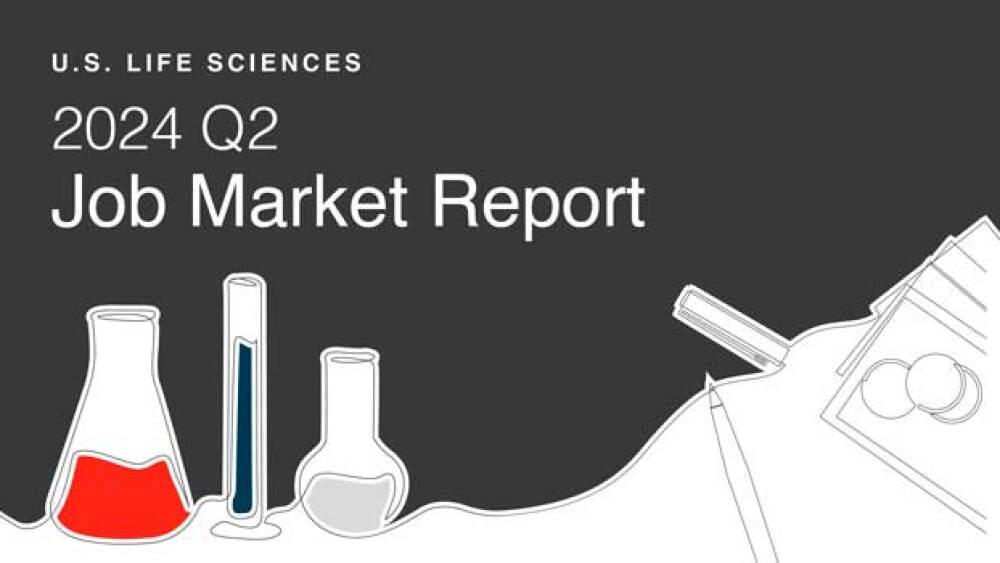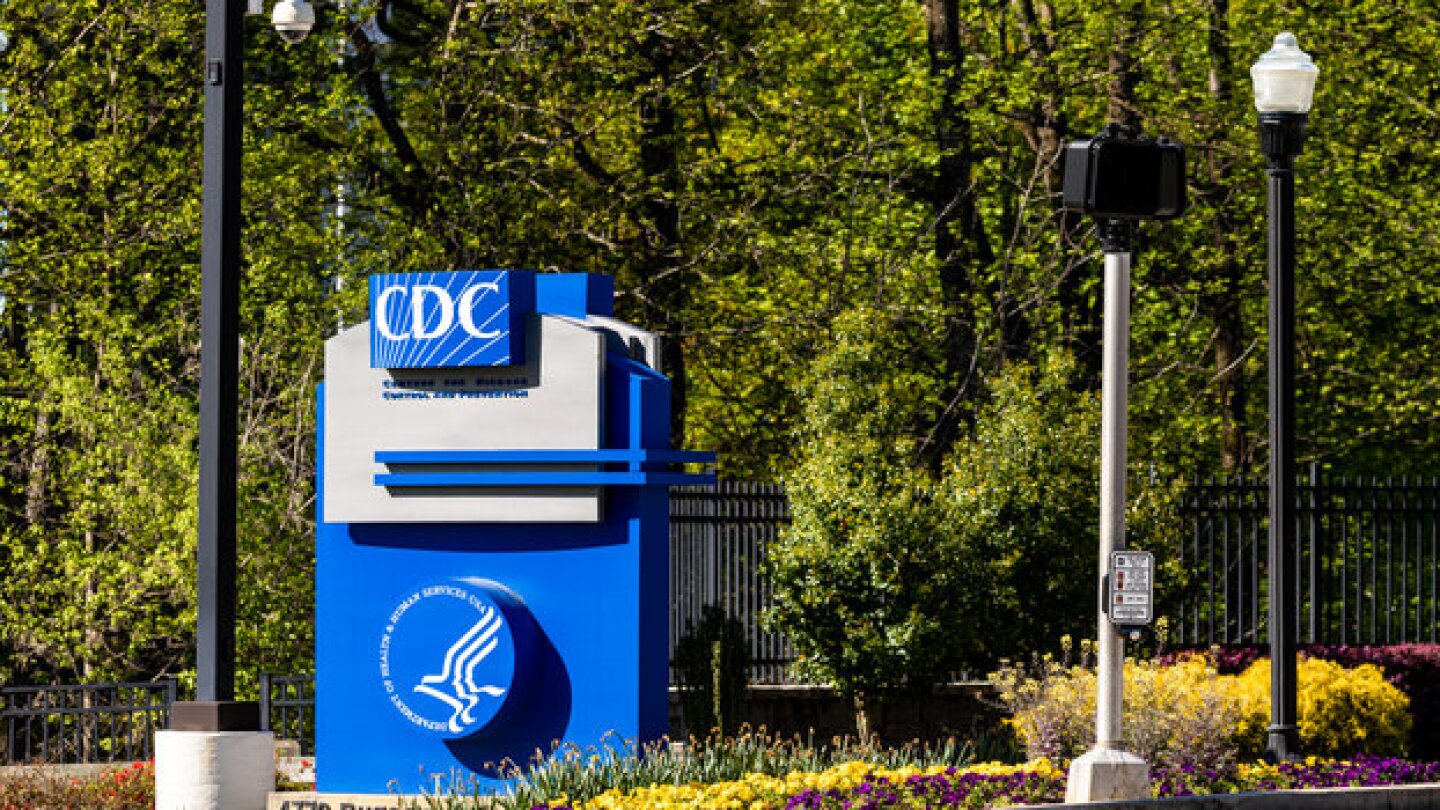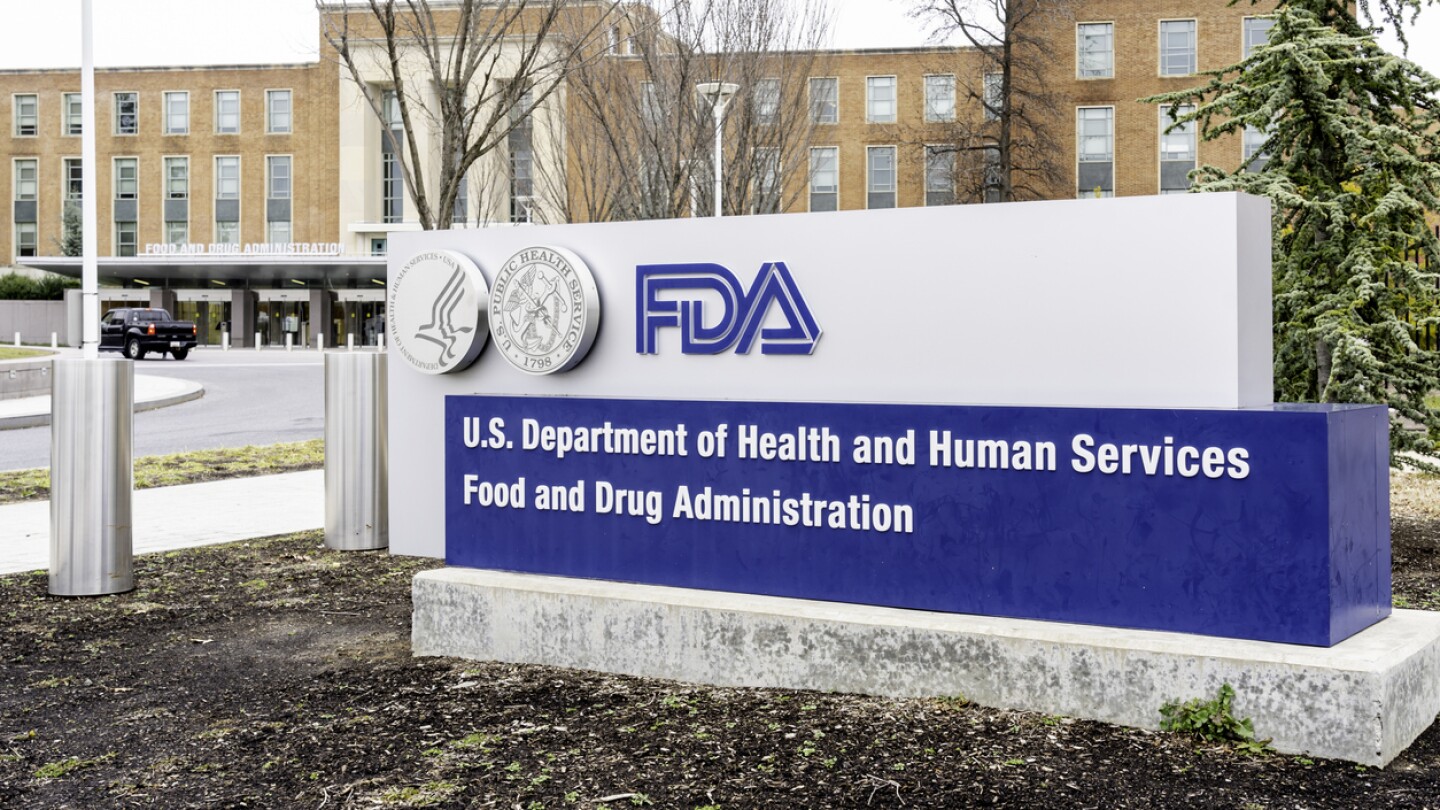News
Roche will gain worldwide rights outside of the Greater China region to Hansoh’s HS-20110, an antibody-drug conjugate in early-stage development for colorectal cancer.
FEATURED STORIES
Some observers see risks to becoming over-reliant on local facilities, noting the potential need for trade partners if domestic production is disrupted.
While Eli Lilly’s orforglipron is top of mind heading into the European Association for the Study of Diabetes meeting this week, experts told BioSpace the conference will also provide important insights into the therapeutic benefits of incretin therapies beyond weight loss.
After decades without much movement, a handful of new treatments for this rare autoimmune disease are now approved, and several companies, including argenx and Regeneron, have recently released promising late-stage trial results.
Job Trends
For the second quarter of 2024, there were 25% fewer jobs posted live on BioSpace compared to the same quarter of 2023. The year-over-year job response rate rose from 14.6% to 15.3%.
FROM OUR EDITORS
Read our takes on the biggest stories happening in the industry.
Following restricted vaccine approvals and changes to CDC immunization schedules, Merck, Pfizer, GSK and Sanofi are all suffering revenue hits to their vaccine programs.
THE LATEST
A new survey from CRB showed that most manufacturing initiatives in the U.S. made in response to tariffs are coming from Big Pharma companies, while smaller biotechs are left to hope “the situation doesn’t get worse.”
The inaugural 40 Under 40 cohort includes CEOs, leaders who have founded or co-founded their company and executives from a range of disciplines. Winners’ accomplishments include shaping drug development, achieving key FDA milestones and launching a new field of study.
Cell and gene therapy experts question where the FDA designation fits in an environment that features a range of intersecting regulatory perks.
A new group of CDC advisors voted last month to separate the chickenpox vaccine from the measles, mumps, rubella components of the MMRV shot due to concerns over febrile seizures, while recommending a more risk-based approach to COVID-19 immunizations that mirrors recent FDA approvals.
The hold was placed earlier this year when the FDA asked for more preclinical data, but the agency was slow to respond due to ‘strain’ on its capacity, according to Neurizon.
AstraZeneca has invested heavily in AI, primarily through collaborations, including an up to $5.3 billion partnership with China’s CSPC Pharmaceutical in June.
This latest FDA program aims to provide speedier reviews for generic drugmakers who produce their products in the U.S.
Rocket Pharmaceuticals’ strategic realignment initiative in July pulled funding from fanca-cel, which the biotech was developing for Fanconi anemia.
The centerpiece of the collaboration is the gene editor ABO-101, being developed for primary hyperoxaluria type 1, a rare disease that leads to severe kidney stones.
As industry leaders gather at the annual event in Phoenix, the cell and gene therapy space remains in a state of flux, with M&A activity and regulatory support signaling momentum while commercialization challenges continue to hinder broader investor interest.


















